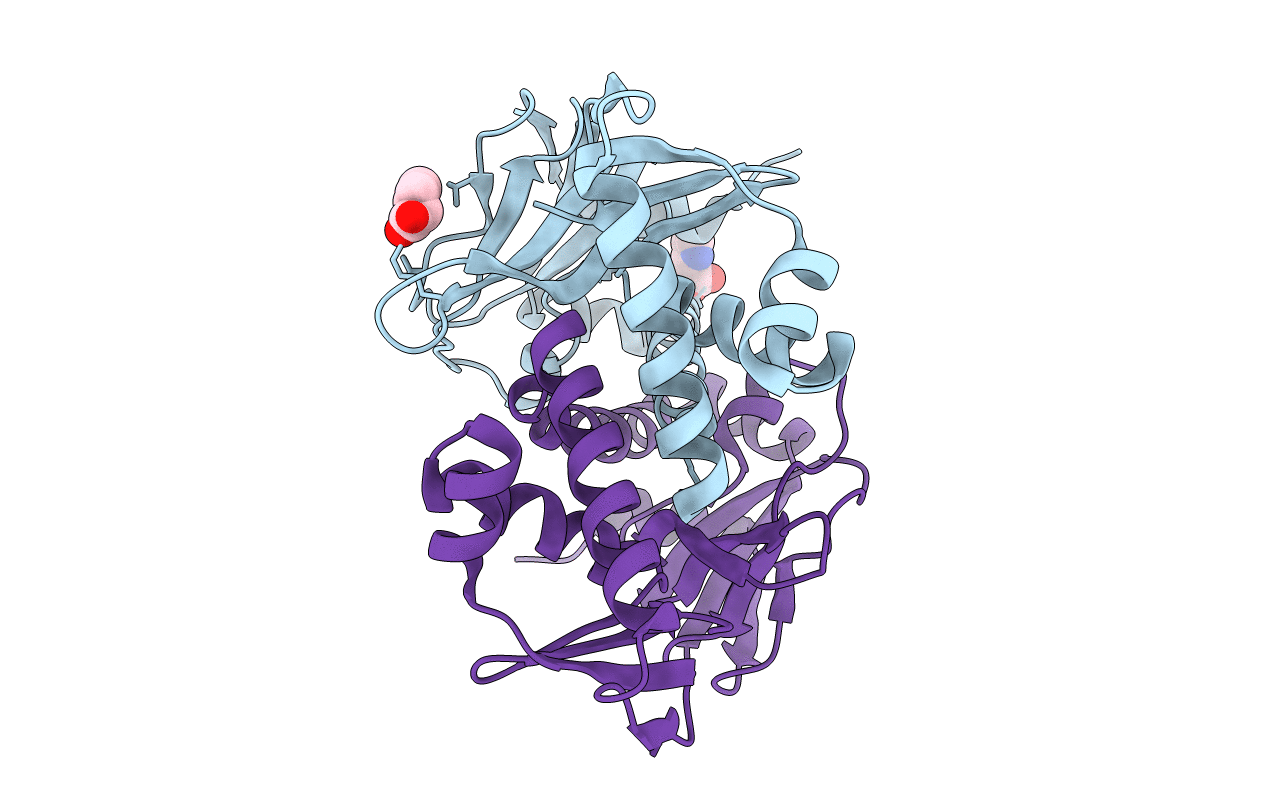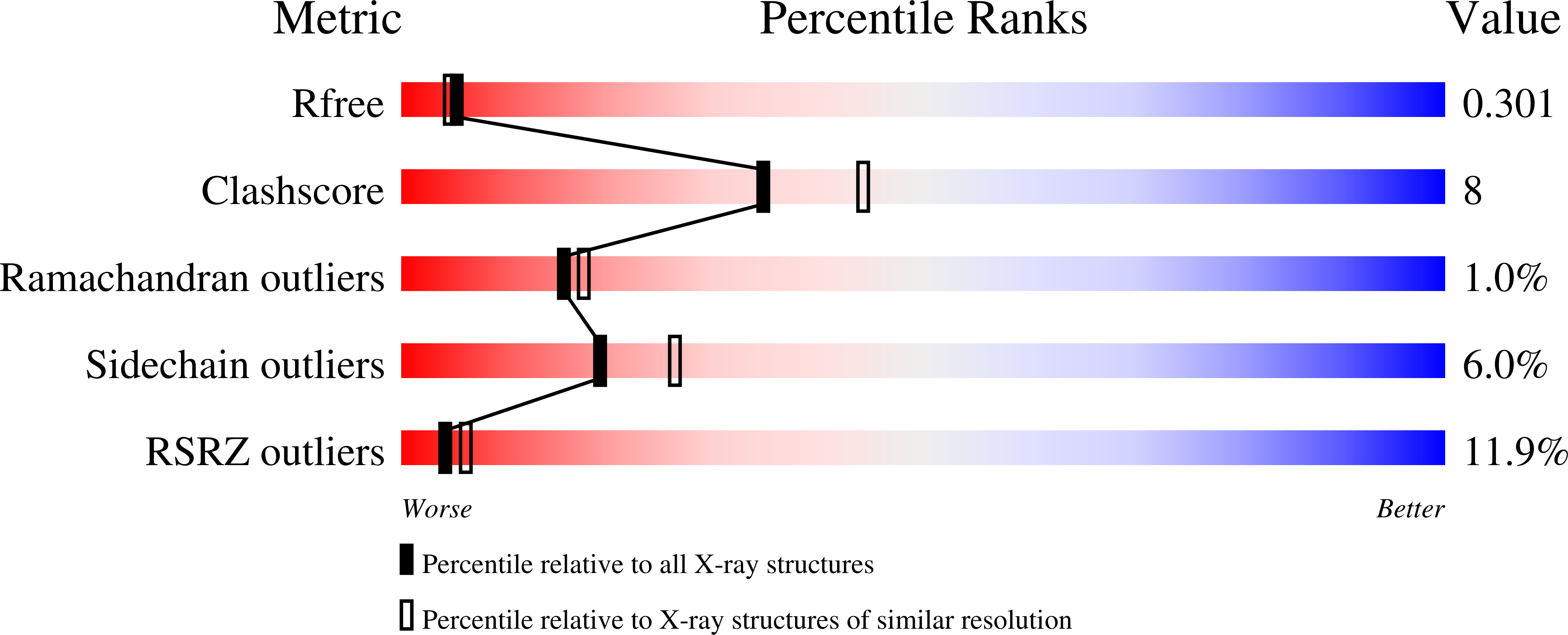
Deposition Date
2009-01-17
Release Date
2009-09-08
Last Version Date
2024-02-21
Entry Detail
Biological Source:
Source Organism(s):
Escherichia coli K-12 (Taxon ID: 83333)
Expression System(s):
Method Details:
Experimental Method:
Resolution:
2.30 Å
R-Value Free:
0.27
R-Value Work:
0.22
R-Value Observed:
0.23
Space Group:
P 43 21 2


